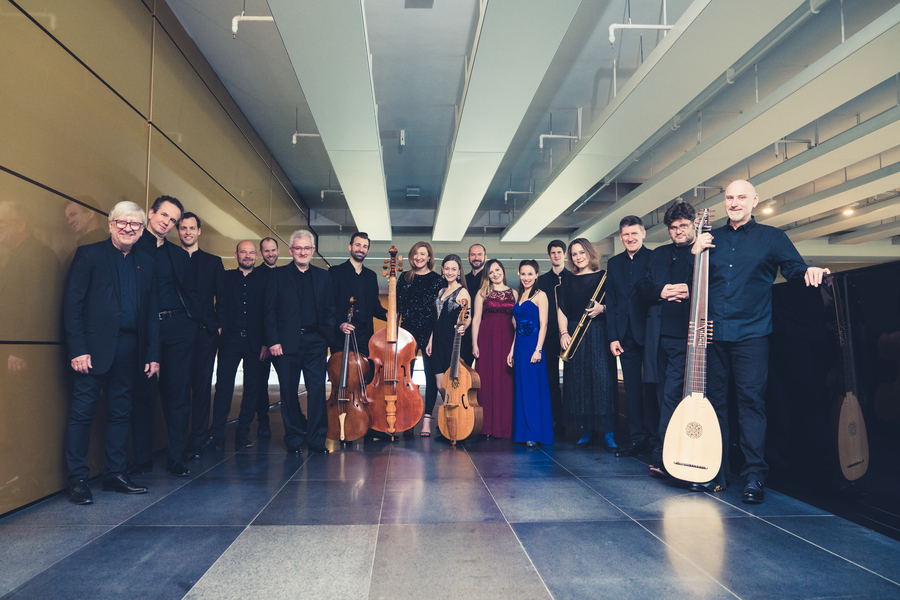The musical culture during the reign of Louis XIII - the second French king from the Bourbon dynasty – had a lot in common with the period when the last representatives of the Valois dynasty reigned. Already in the 16th century, the arts and court ceremonies clearly emphasised the political domination of the monarch, excellent examples of which were ballet de cour performances that had their heyday in the following century. However, what was new at the court in the first decades of the reign of the Bourbon dynasty were the influences of bourgeois culture. At that time, bourgeois galant customs began to have an influence in the Louvre.
Galant culture (in the 18th century the term described the musical style represented by Couperin and Rameau), focused on elegance and sociable charm, harmonised perfectly with the subtle airs de cour fashionable at that time, usually focused on the contemplation of love. A great contribution to the dissemination of this repertoire was made by the Ballard family company, which for many generations enjoyed a royal privilege to print sheet music, and that led to Ballard’s monopoly. These types of pieces will be the core of the programme presented by the Wrocław Baroque Ensemble.
The most important musical ensemble at the court of Louis XIII was the vocal-instrumental Musique de la Chambre du Roi, serving at both religious and secular events. It was led by a musician with the highest court title of surintendant, and his duties included composing music for ballets. His assistant was the so-called maître. Pierre Guédron, the oldest of the airs composers, performed both functions at the court successively. His protégé was Antoine Boësset, also a superb composer of this era, nicknamed the “Apollo of France”. He married Guédron’s daughter, became his assistant, and after his father-in-law’s death, he obtained the coveted highest musical title at the court. During the concert, we will hear the work of musicians in the service of other most important figures in France in the first half of the 17th century. Étienne Moulinié held the title of intendant de la musique under Gaston d'Orléans, the king’s brother. François de Chancy, before he came to the royal court, worked for Cardinal Richelieu. The concert programme will be complemented by works for two gambas by Jean de Sainte-Colombe, whose persona was made world famous by the 1991 film Tous les matins du monde.

